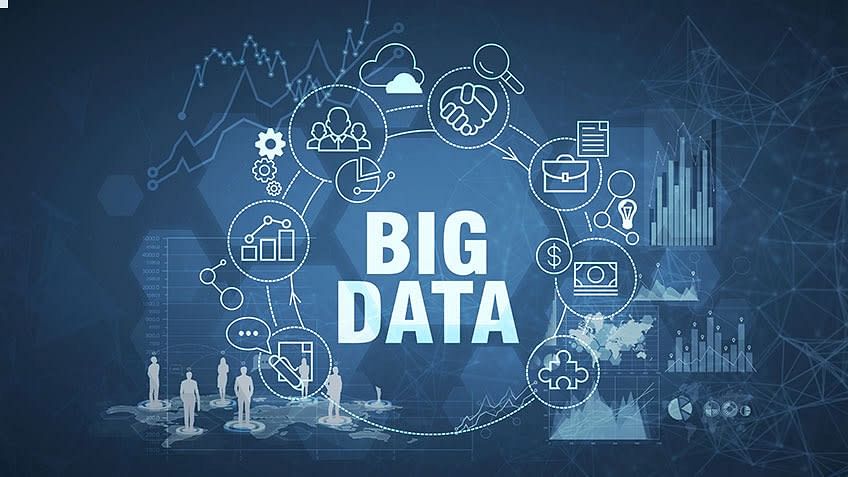justineanweiler.com – In today’s digital age, the term “Big Data” has become a buzzword in industries ranging from technology and healthcare to finance and entertainment. But what exactly is Big Data, and why is it such a pivotal concept? This article dives deep into the meaning, characteristics, and significance of Big Data, as well as its applications and challenges.
Defining Big Data
Big Data refers to the vast volumes of structured, semi-structured, and unstructured data generated every second by people, devices, and systems worldwide. This data is so large and complex that traditional data processing tools cannot efficiently store, manage, or analyze it. Instead, advanced technologies and techniques are required to derive meaningful insights.
The 5 Vs of Big Data
To fully grasp Big Data, it is essential to understand its defining characteristics, often encapsulated by the “5 Vs”:
- Volume: Big Data deals with massive amounts of data. For example, social media platforms like Facebook generate terabytes of data daily from billions of posts, messages, and interactions.
- Velocity: The speed at which data is generated and processed is crucial. Sensors, IoT devices, and online transactions create a constant flow of real-time data that requires immediate analysis.
- Variety: Big Data encompasses diverse data types, such as text, images, videos, audio, and sensor data. This variety complicates data integration and analysis.
- Veracity: Data accuracy and reliability are critical. With such vast quantities of information, filtering out inaccuracies, inconsistencies, and biases is a major challenge.
- Value: The ultimate goal of Big Data is to extract valuable insights that can drive decision-making, innovation, and efficiency.
Applications of Big Data
Big Data is transforming industries by enabling more informed decisions, automating processes, and creating personalized experiences. Here are some notable applications:
- Healthcare: Predictive analytics in patient care, personalized medicine, and epidemic tracking rely heavily on Big Data.
- Finance: Fraud detection, risk management, and algorithmic trading leverage large datasets for better accuracy and efficiency.
- Retail: Companies like Amazon use Big Data to understand customer preferences, optimize supply chains, and recommend products.
- Entertainment: Streaming platforms like Netflix analyze viewing habits to personalize recommendations and create targeted content.
- Transportation: Big Data powers route optimization, traffic prediction, and autonomous vehicles.
Challenges of Big Data
While the benefits of Big Data are immense, several challenges must be addressed:
- Data Security and Privacy: Protecting sensitive information from breaches and ensuring compliance with regulations like GDPR is a significant concern.
- Storage and Management: The sheer size of Big Data requires advanced storage solutions and scalable infrastructure.
- Data Quality: Inconsistent, incomplete, or noisy data can compromise the accuracy of insights.
- Skill Gap: Organizations often struggle to find professionals skilled in Big Data technologies and analytics.
Big Data Technologies
Several tools and frameworks have been developed to handle Big Data effectively. Key technologies include:
- Hadoop: An open-source framework for distributed storage and processing of large datasets.
- Spark: A fast and general-purpose engine for big data analytics.
- NoSQL Databases: Such as MongoDB and Cassandra, which handle unstructured and semi-structured data.
- Cloud Platforms: Providers like AWS, Google Cloud, and Microsoft Azure offer scalable solutions for Big Data storage and analytics.
The Future of Big Data
As the world becomes more interconnected, the importance of Big Data will only grow. Emerging technologies such as artificial intelligence (AI), machine learning, and quantum computing are poised to make Big Data analysis faster and more accurate, unlocking new possibilities across industries.
In conclusion, Big Data is not just about large datasets; it’s about harnessing this information to drive innovation, efficiency, and growth. As organizations continue to embrace data-driven strategies, Big Data will remain at the forefront of technological progress.





